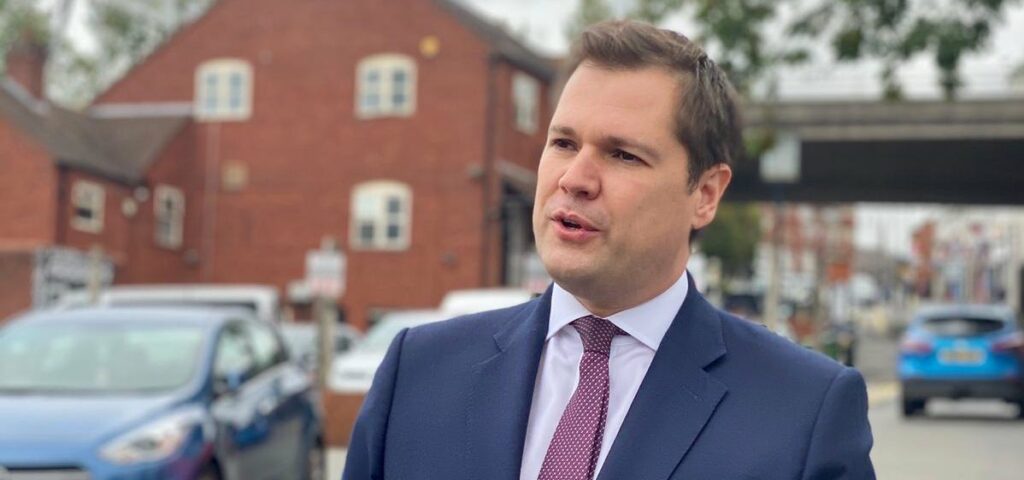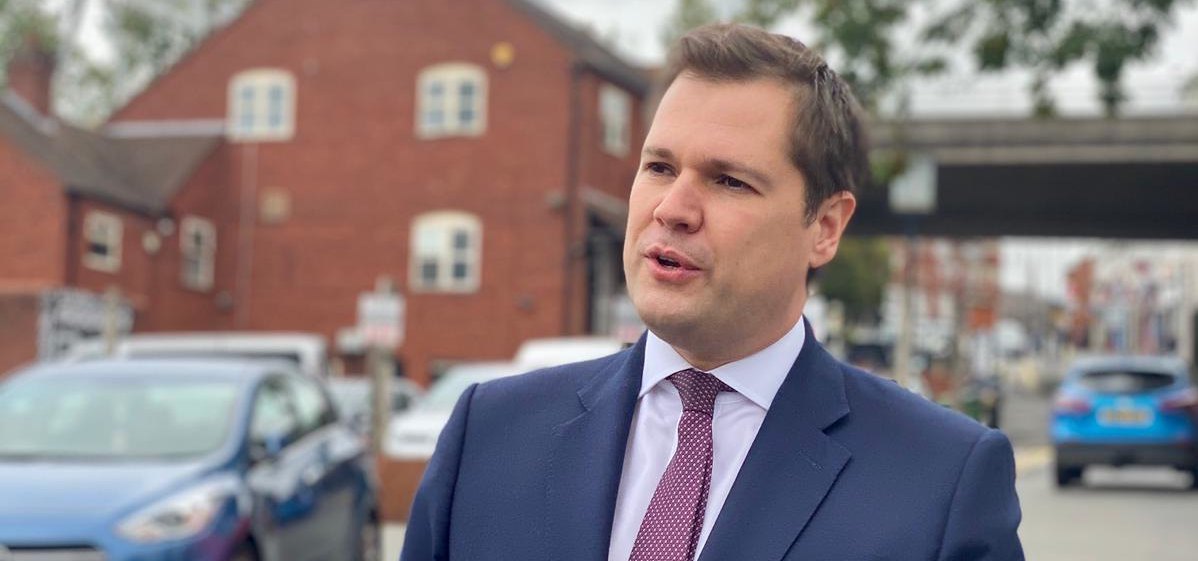
Adrian Jenkins looks at the unenviable task of financial planning in local government given the “suite of moving parts” affecting the sector.
Is there any point in making any financial forecasts for 2022-23? The range of possible outcomes and scenarios is so bewilderingly vast that any forecasts seem to miss the point or, rather, fail to capture the full range of uncertainty. And yet, local authority finance directors have to put together financial plans for next year, and it is much better to base those plans on assessment of the range of scenarios rather than wait to see what comes out in the settlement in December.
Of course, the pandemic (and before that Brexit) has such huge economic and demographic consequences that local government funding will inevitably be affected. It is understandable that such a major upheaval in our lives has also affected local government and its ability to forecast and plan for the future.
29 November 2021
London Stock Exchange or ONLINE
6th Annual FDs’ Summit
Lead sponsor PFM/UKMBA
Public sector finance directors can register here
Unsettling
The same applies to central government as well: It can’t just go on as before without taking any of these major changes into account. Alongside the upheaval caused by the pandemic, the government also has to make some fundamental decisions about the future of business rates, reform of social care and how to deliver “levelling-up”.
But not knowing how or when the government will inevitably make its decisions unsettling for local government. In the public accounts committee’s (PAC) report on local government finance last week, officials said that a decision on local government funding would be made later this year. This suggests these major decisions will be made as part of the spending review in the autumn. Local government funding inevitably follows in the wake of higher profile—and more politically important—decisions. Local government rarely tops the list Whitehall’s priorities.
Waiting until the autumn (and possibly as late as November) seems extraordinary, especially when authorities will largely have made their budget plans by then. At least a full implementation of the Fair Funding Review, and reform of business rates, now seems impossible in the short term.
There is widespread consensus that not only is it too late to implement these changes in 2022-23, but there is real value in delaying. This would give Whitehall and local government the time to digest the changes caused by the pandemic, and to create a new funding system that can cope with the “new normal”.
Tensions
That’s all good stuff but does not really help with the financial plans that need to be made this year. At least, though, it does mean that finance directors can work on the basis that the really radical changes in the funding regime (Fair Funding, business rates baseline reset) will not be happening in 2022-23. But if these long-awaited changes are not happening, then what will the finance settlement look like next year?
There is consensus that local government needs more certainty. This is usually code for multi-year settlements, something that was in place in the four-year period between 2016-17 and 2019-20, and proved popular with local authorities. Despite all the other changes that were happening during this period, the fixed, four-year settlement meant that at least some numbers did not change. Local government would certainly support another round of multi-year settlements.
But this is not a simple interim solution. Could ministers really just roll the current settlement forward for another year or more, with funding distributed on the same basis and with no baseline reset?
It would be hugely unfair to those authorities who are expecting to gain from the reforms, some of whom have spent many years below business rates baseline. Another year of well-above-inflation increases in council tax might also be difficult to deliver. Some of the tensions within the current system cannot go unresolved for another year.
Embrace the uncertainty
In practice, though, there is likely to be some continuation and some change. Officials are not keen on implementing only part of the package of reforms in isolation but it seems inconceivable that there will be only incremental change following the spending review. New funding allocations will be coming through, and there will be decisions on existing and new funding streams (such as the New Home Bonus).
This leaves us going around in circles In a wonderful phrase at a PAC hearing earlier this year, a civil servant referred to a “suite of moving parts”, and this does sum things up rather well. There are so many changes happening as a result of the pandemic, and they will need to be synthesised by the government largely, but not entirely, in the spending review.
For local government, this is likely to result in a package of changes that is partly incremental and partly reflects these decisions. But given their magnitude, and interrelationships, forecasting their impact on the funding of individual authorities is next to impossible.
And yet, local authority finance directors cannot just throw their hands in the air and say it is all too difficult (even though that would be a reasonable response).
Financial plans will have to reflect the sheer range of possible outcomes. There might be numerous versions of budget plans, depending on the outcome of funding announcements; or decisions that are delayed, with reserves taking the strain for a year or two. Maybe finance directors will just have to embrace the uncertainty for a few more months yet.
Adrian Jenkins leads the funding advisory service at Pixel Financial Management.
—————
FREE monthly newsletters
Subscribe to Room151 Newsletters
Room151 Linkedin Community
Join here
Monthly Online Treasury Briefing
Sign up here with a .gov.uk email address
Room151 Webinars
Visit the Room151 channel














